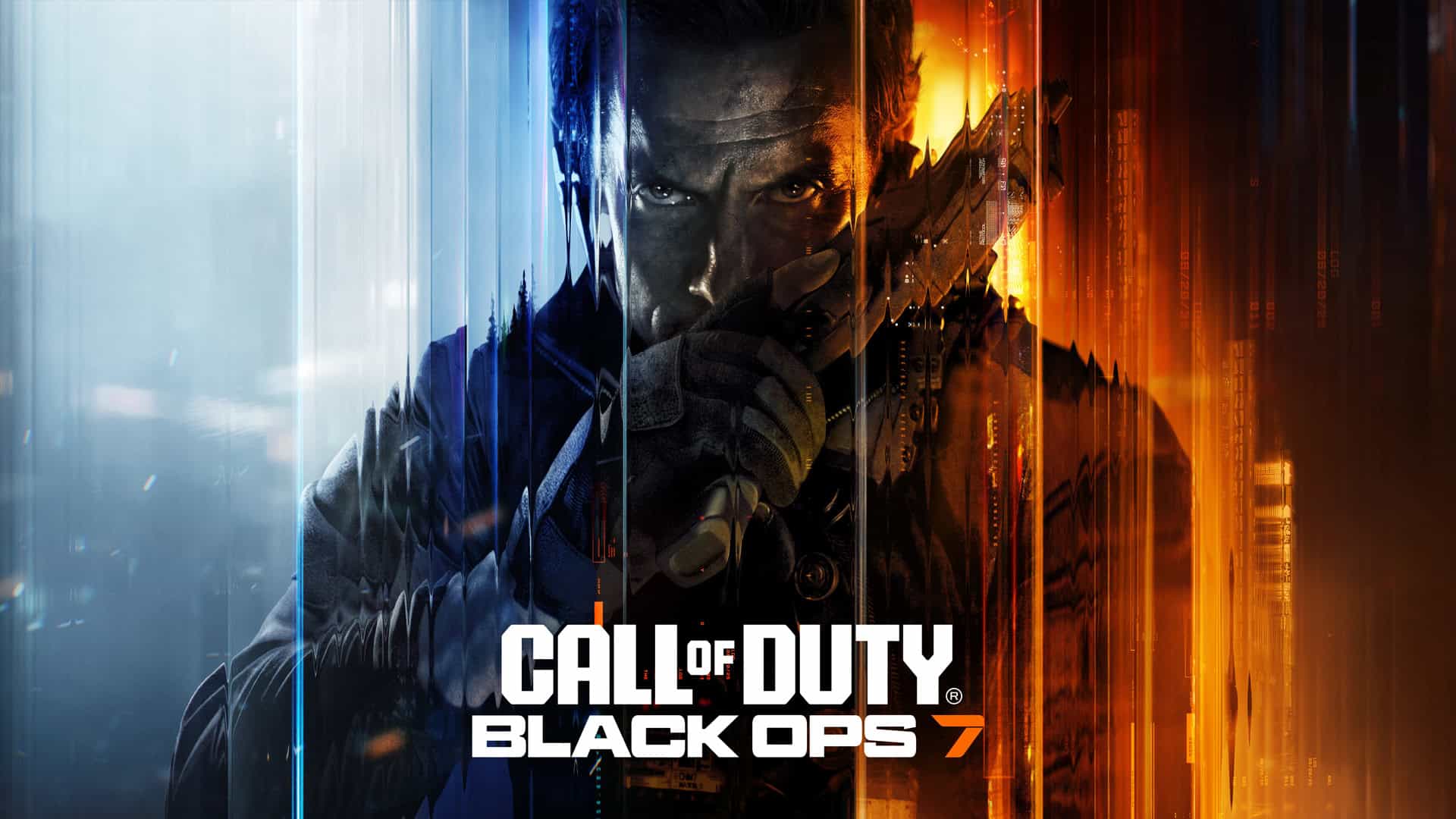Activision has announced that Call of Duty: Black Ops 7, the latest entry in its long-running FPS franchise, will take its anti-cheat measures to the next level by requiring TPM 2.0 (Trusted Platform Module) and Windows Secure Boot on PC. To prepare for the rollout, Activision will begin implementing these security features in Call of Duty: Black Ops 6 Season 5 and Call of Duty: Warzone, ensuring everything is in place before launch day.
But what do these terms mean, and is this the silver bullet Activision is pitching it to be?
What Are TPM and Secure Boot?
Both features are available in Windows 10 and mandatory for Windows 11, but many users still have them disabled, either due to older hardware or by choice. With this change, Call of Duty: Black Ops 7 will only be playable on systems where both features are enabled, potentially locking out thousands of legitimate players whose hardware doesn’t support TPM or who prefer not to use it.
TPM Isn’t a Cheat-Killer
While there’s no hard evidence that TPM or Secure Boot will actually stop cheating, the hope is that it will at least slow it down, mainly by keeping some would-be cheaters out before they even launch the game. The catch? Not all gaming PCs or laptops support TPM, especially older or budget models where manufacturers didn’t include it. And let’s be real, Call of Duty isn’t the most demanding game out there. A wide range of hardware, including older setups, is still being used to play it. Some of those setups won’t make the cut, locking some players out of the fun.
To Activision’s benefit, they could easily solve this by increasing system requirements beyond what most non-TPM setups can handle. Sure, it wouldn’t be a consumer-friendly move, but it would be effective, but not without criticism.
On paper, this move sounds like a win in the war on cheaters. But let’s pump the brakes. TPM isn’t some magic cheat-killing device. It’s designed to ensure your system boots clean and hasn’t been tampered with at a low level. To ensure that sensitive data is protected, nothing more.
Sure, combined with Secure Boot, TPM can block certain types of kernel-level exploits and prevent shady code from loading before Windows does. This gives anti-cheat systems a cleaner environment to operate in. Sounds good, right? But here’s the issue: TPM won’t detect aimbots, wallhacks, or any of the real-time cheats that activate once you’re already in-game. It also won’t stop hardware exploits either. And let’s be honest, those will show up regardless, just later in the cheating and hacking arms race.
A Layer of Defense, Not a Solution
So no, this isn’t the silver bullet. At best, it raises the bar slightly for cheat developers. At worst, it alienates honest players using older or unsupported hardware. It’s a layer of defense, not the solution. At most, this might stop the casual cheaters, the ones just dipping their toes in. But it won’t slow down the determined ones, or the people actively building and selling cheat tools.
The Community Response Will Be Key
Activision has long struggled to maintain a cheat-free environment on PC. And while this move may help on a technical level, it’s likely to spark backlash from players who feel they’re being punished for the actions of a small, toxic minority. Some will see this as a necessary step. Others will see it as overreach.
With Call of Duty: Black Ops 7‘s release looming, the real test will be how the community responds and whether these new requirements make a real dent in the cheating problem that’s plagued the series for years.
** Update – It’s worth mentioning that EA is also requiring TPM 2.0 and Secure Boot if you want to participate in the Battlefield 6 Open Beta. I wasn’t aware of this until I had to enable Secure Boot to play it. ago.**
Call of Duty: Black Ops 7 release date will be revealed on August 19, 2025, during Gamescom Opening Night Live 2025.


